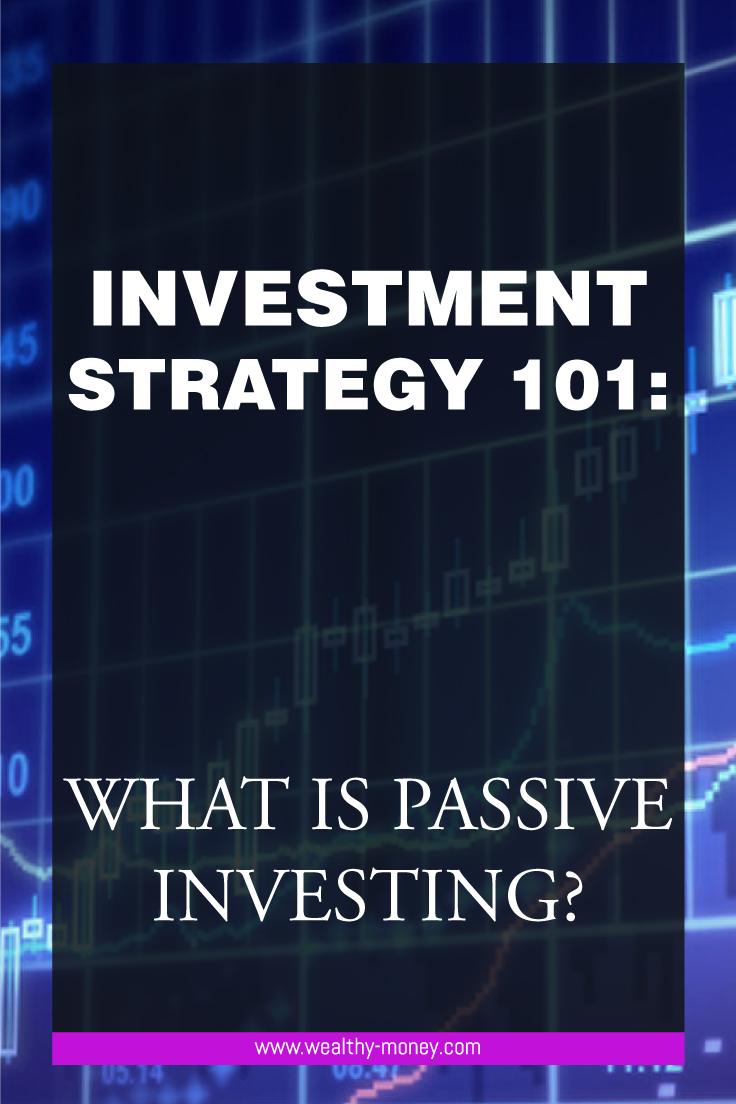Investment Strategy 101: Why Passive Investing Wins My Vote
I'm still in Thailand and great but scary news - I have just signed a 1 year lease here in Chiang Mai.
I want to test the idea of using Thailand and South Africa as bases to work from over the next 12 months. I promise this isn't just about love and adventure but also a business decision/ experiment on growing Wealthy Money. I will share more over the next few months as everything unfolds.
And of course...my decision is also driven by the food. I honestly can't stop eating since I got here!
Since paying off my debts, my focus has been on building an investment portfolio, but between traveling and building Wealthy Money, I don’t have time to research shares so I’ve been using a passive investing strategy.
This is a long term investment strategy, where instead of investing in individual shares, you invest in market indexes like the Dow Jones, Nasdaq, JSE Top 40 or Satrix 40 (exchange traded funds) etc.
What are indexes?
I tried finding a simple definition online but alas finance speak sucks, so I’m going to explain it my way.
The stock market has hundreds of stocks listed on it and sometimes it can be difficult to decide on which stocks to invest in; some financial companies choose a basket of shares to invest in and market that basket to individuals and other investors to come on-board and invest in.
Instead of investing in one share, you invest in many shares at once.
The S&P 500 is an example of an index and is made up of the largest 500 companies on the market.
Usually investing in all these shares would cost lots of money but investing via an index wouldn't cost as much.
It;s less risky investing in a basket of 50 or 500 shares than it is investing in 3 shares because if the market does badly, not all the shares in the basket will drop in value, some shares will actually increase in value.
Understanding Exchange Traded Funds (ETFs)
An Exchange Traded Fund is a share that moves hand in hand with an index.
It’s an easier way for investors to start buying in the stock market and you can do it yourself.
ETFs are traded on the stock market like shares and are only a few decades old.
I’ve been experimenting with ETFs and am interested to see what happens over the next few years.
You can invest in any ETF in the world and that’s what makes them awesome.
Passive investing is the opposite of active investing
If you’re an active investor you’re constantly buying and selling shares and doing your research on what to keep and what to get rid of.
As a passive investor you don’t do much trading, because you’re thinking more long term.
Active investing can erode your return on investment because of the fees associated with buying and selling.
Even Wall Street fund managers rarely outperform the market in the long term.
Keeping costs down with passive investing
I’m investing in ETFs (there are tons to choose from) and am doing it myself because I don't want to lose money paying trading fees and I already have a financial advisor to take care of the basics like retirement annuity, endowments and life insurance policies so I can take a bit more risk.
Passive investors don't trade often and don't time the market because they're investing in the market.
Active investors are focused on making high returns in a short space of time by timing the market.
Passive investing is worth considering if you’re thinking long term and have the patience to stick out market fluctuations.
The platform I use for ETFs in South Africa is: https://www.aosonline.co.za















